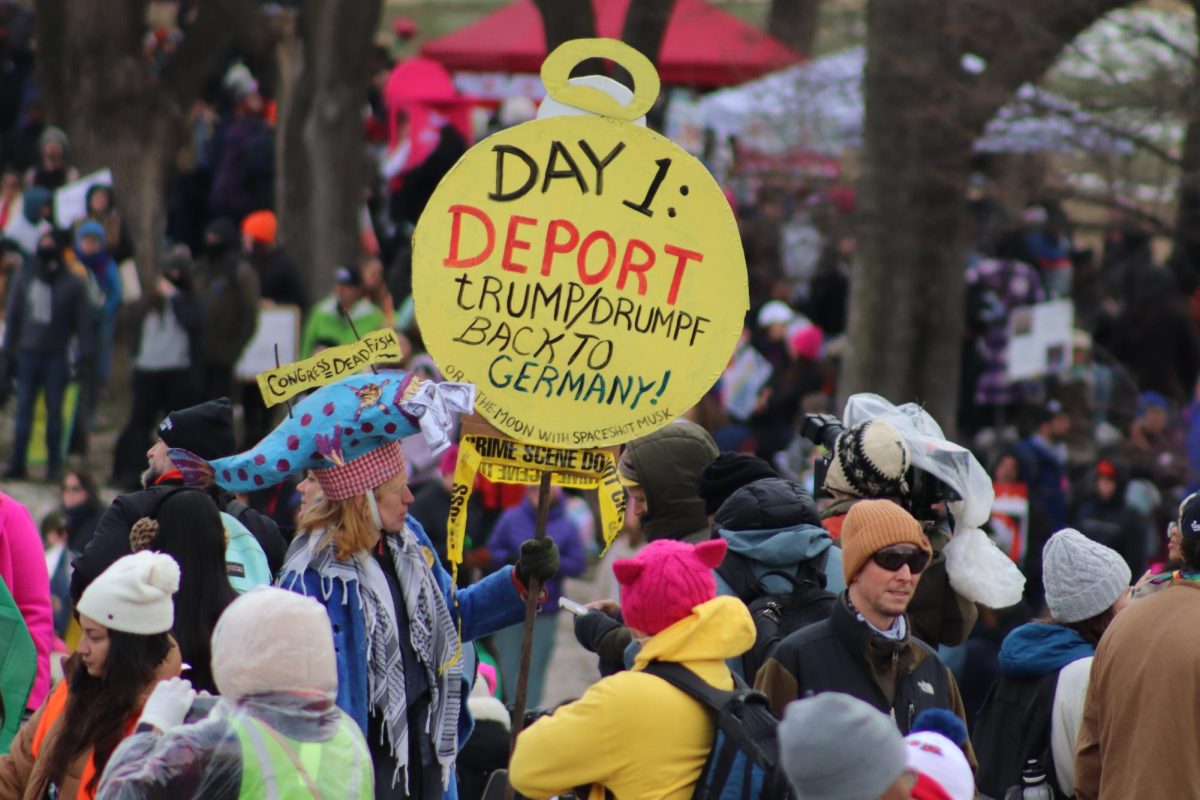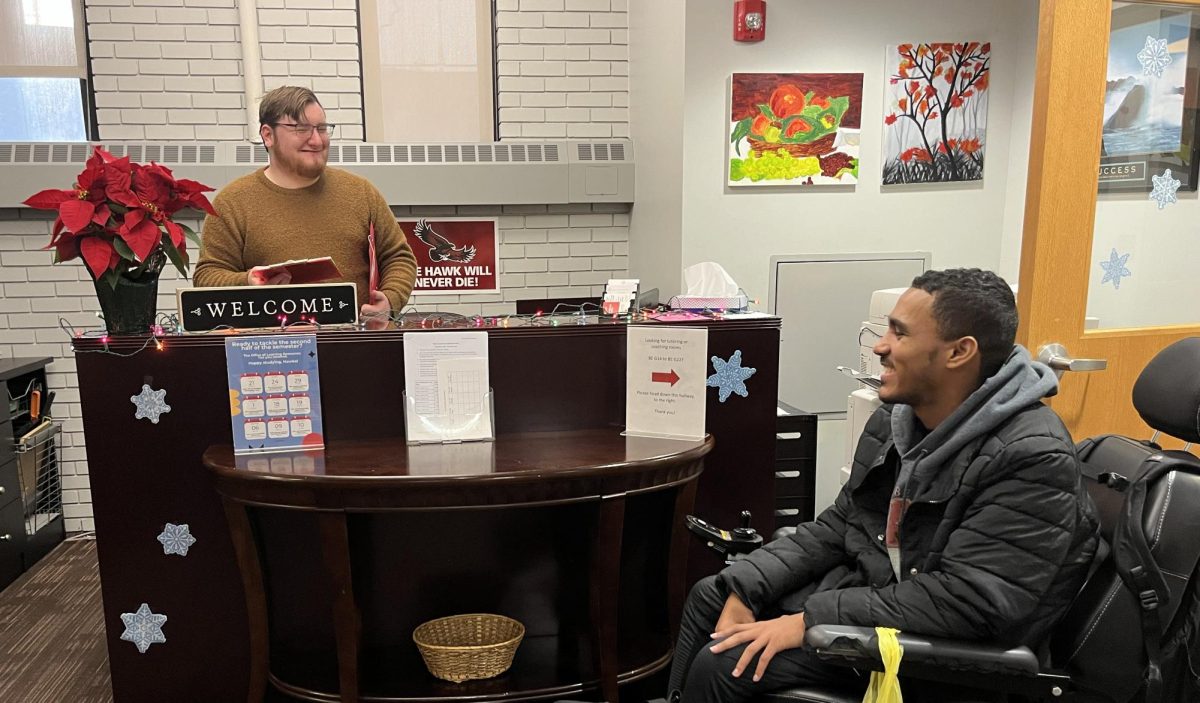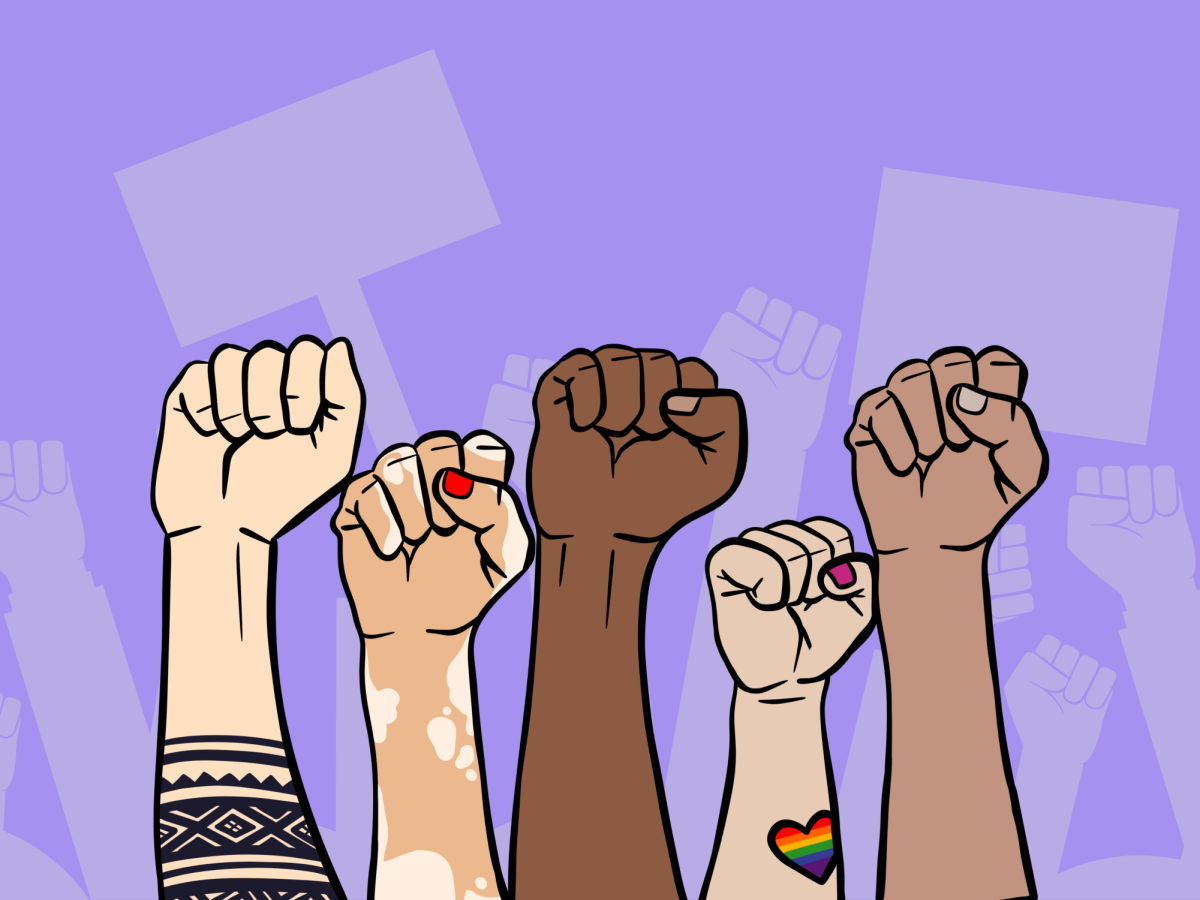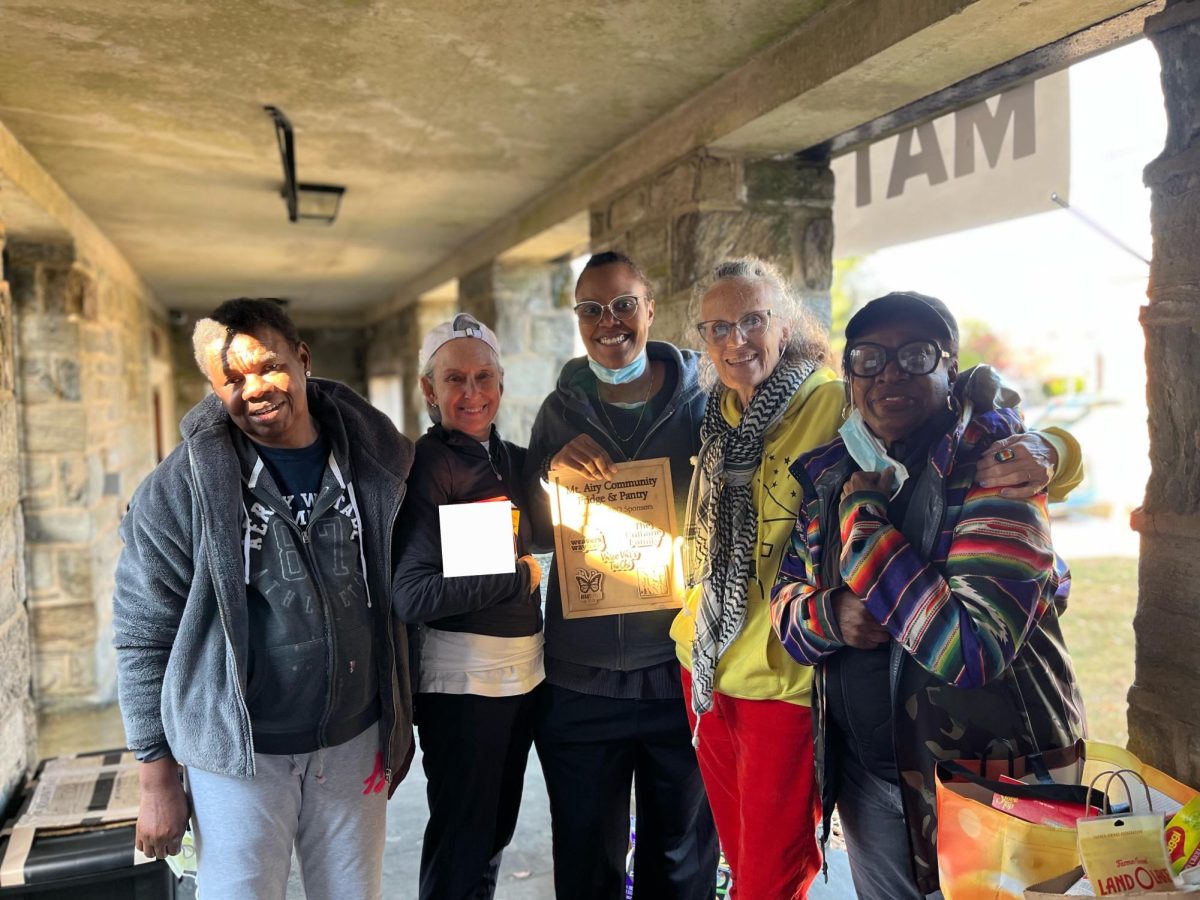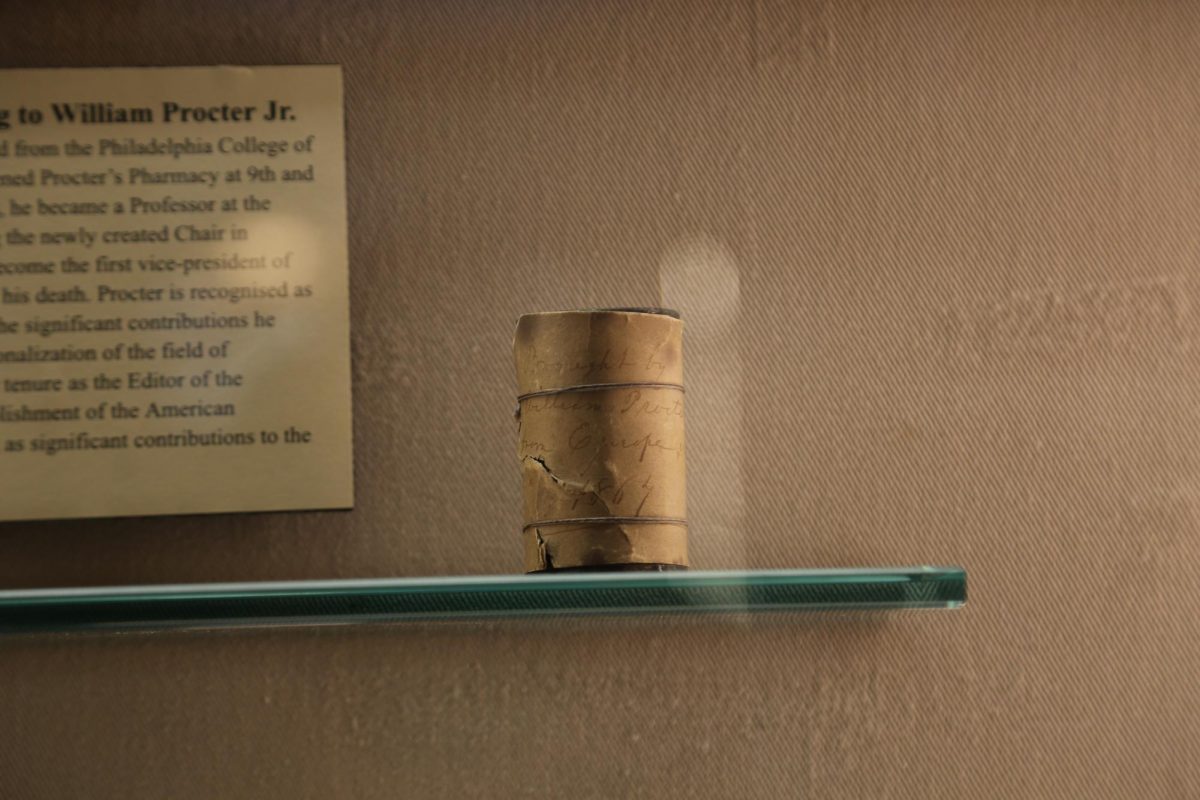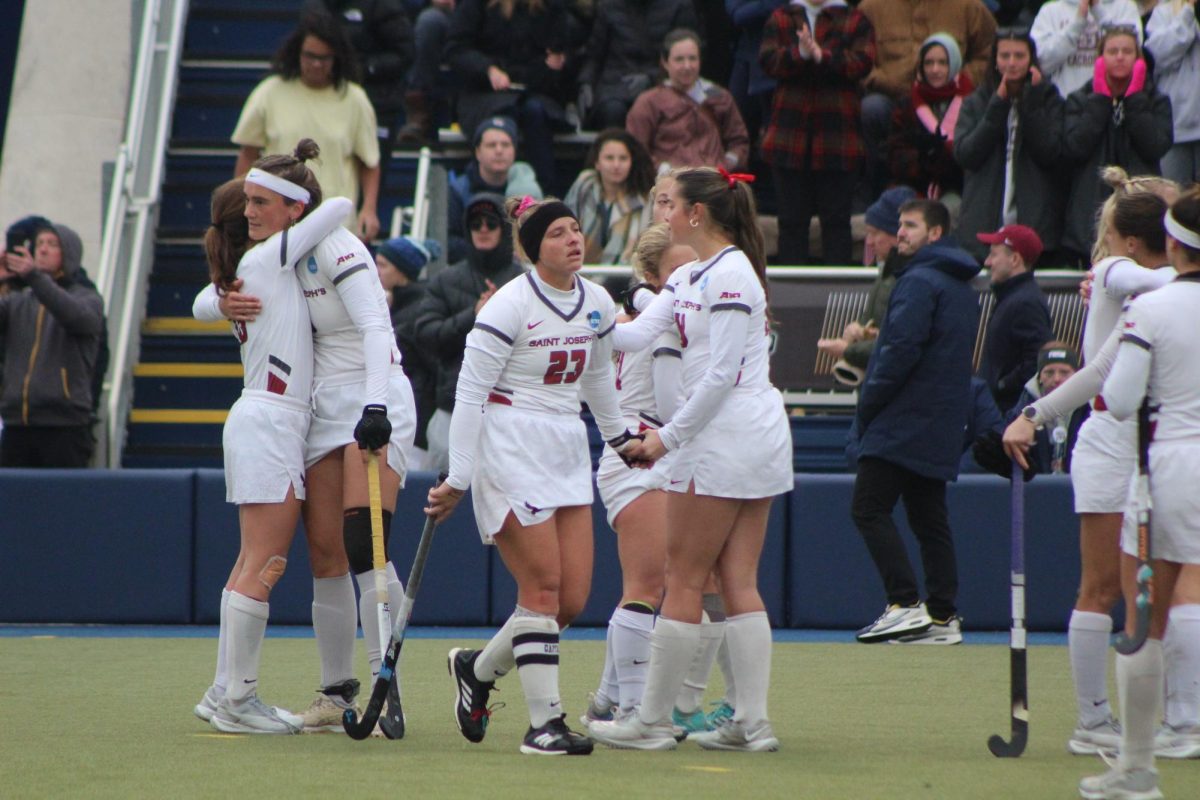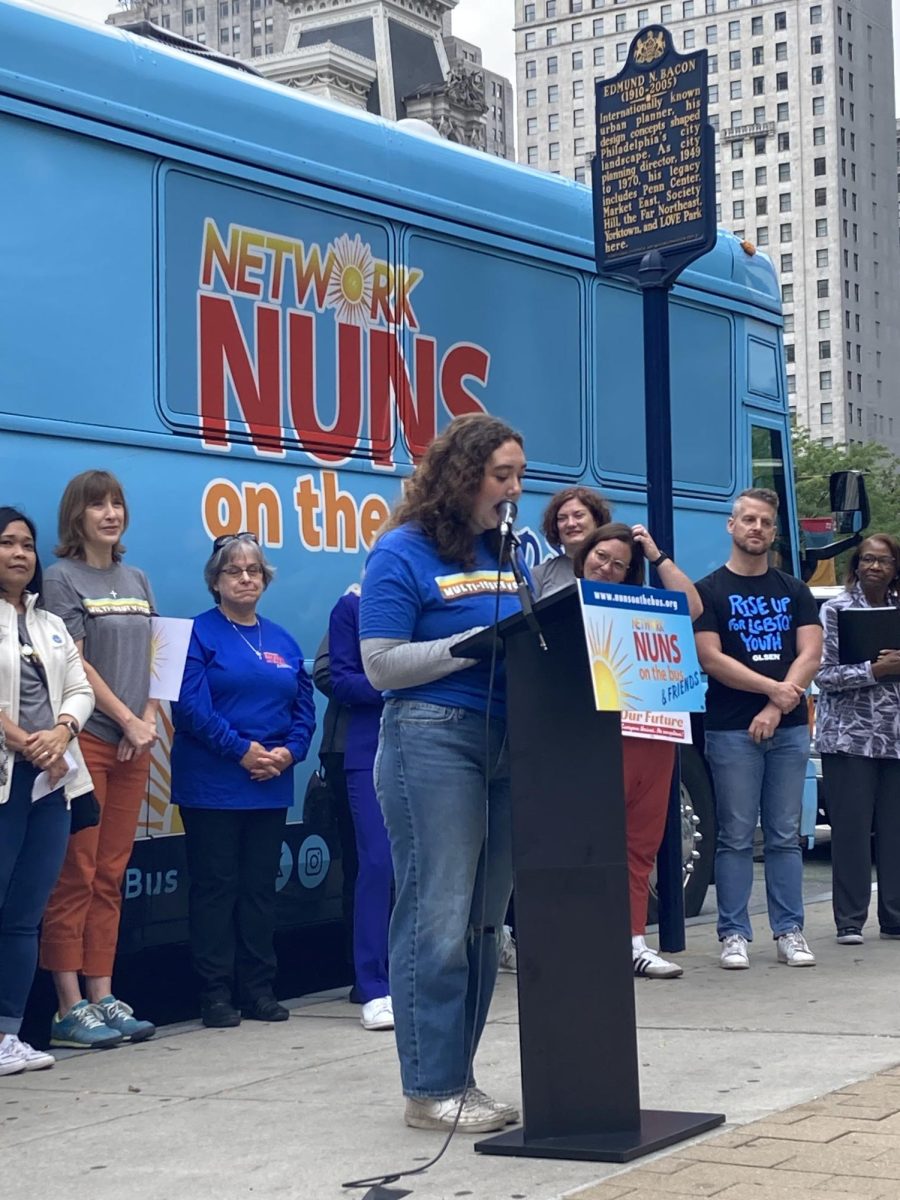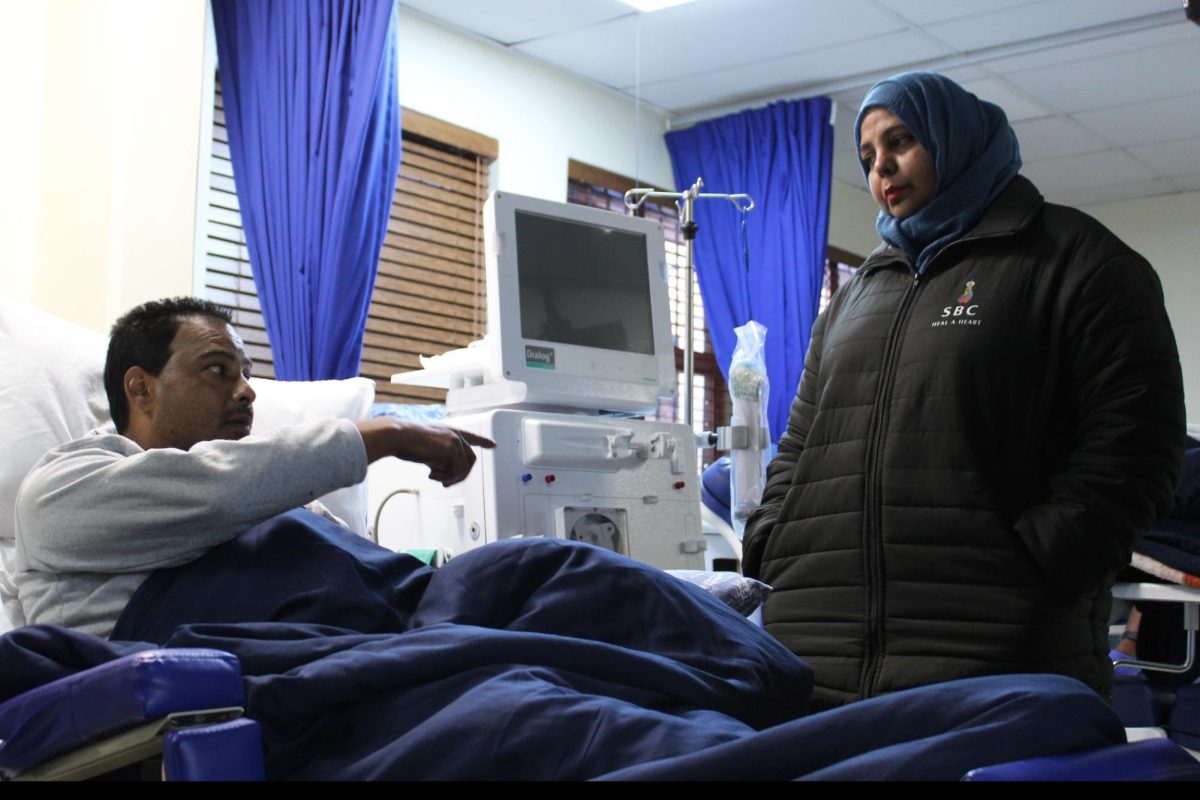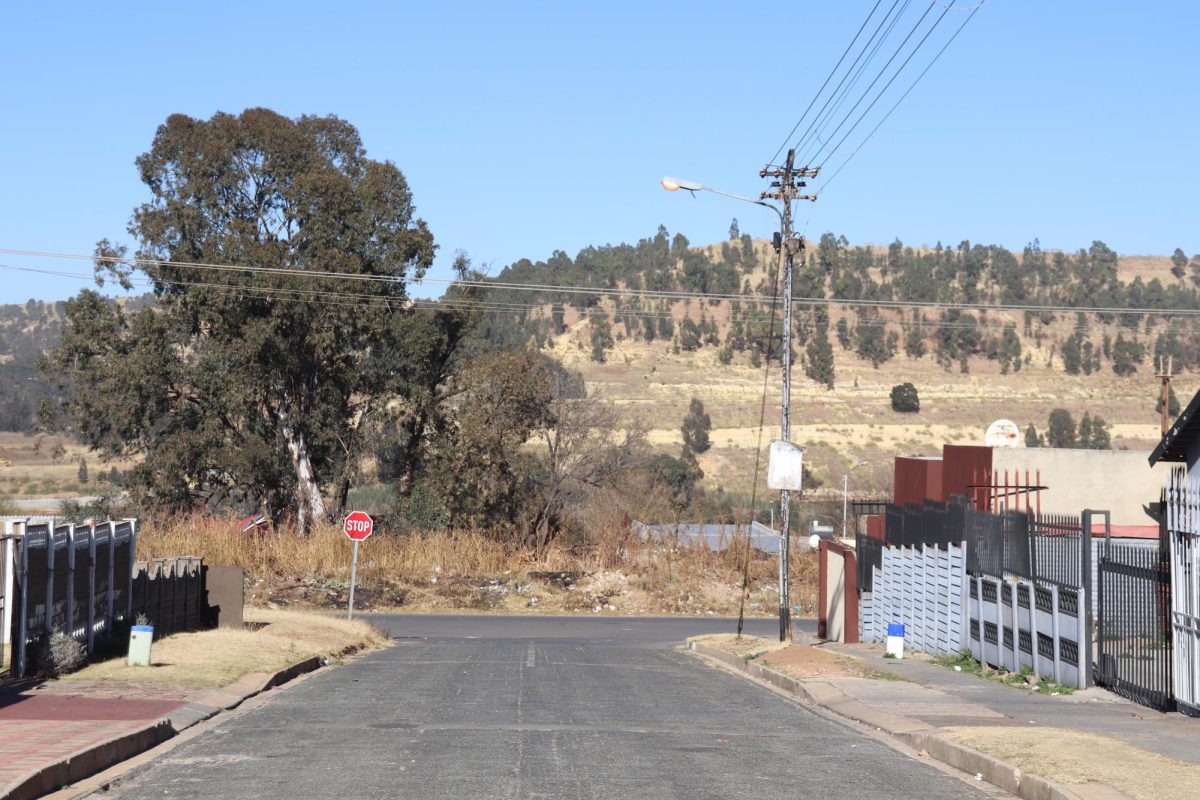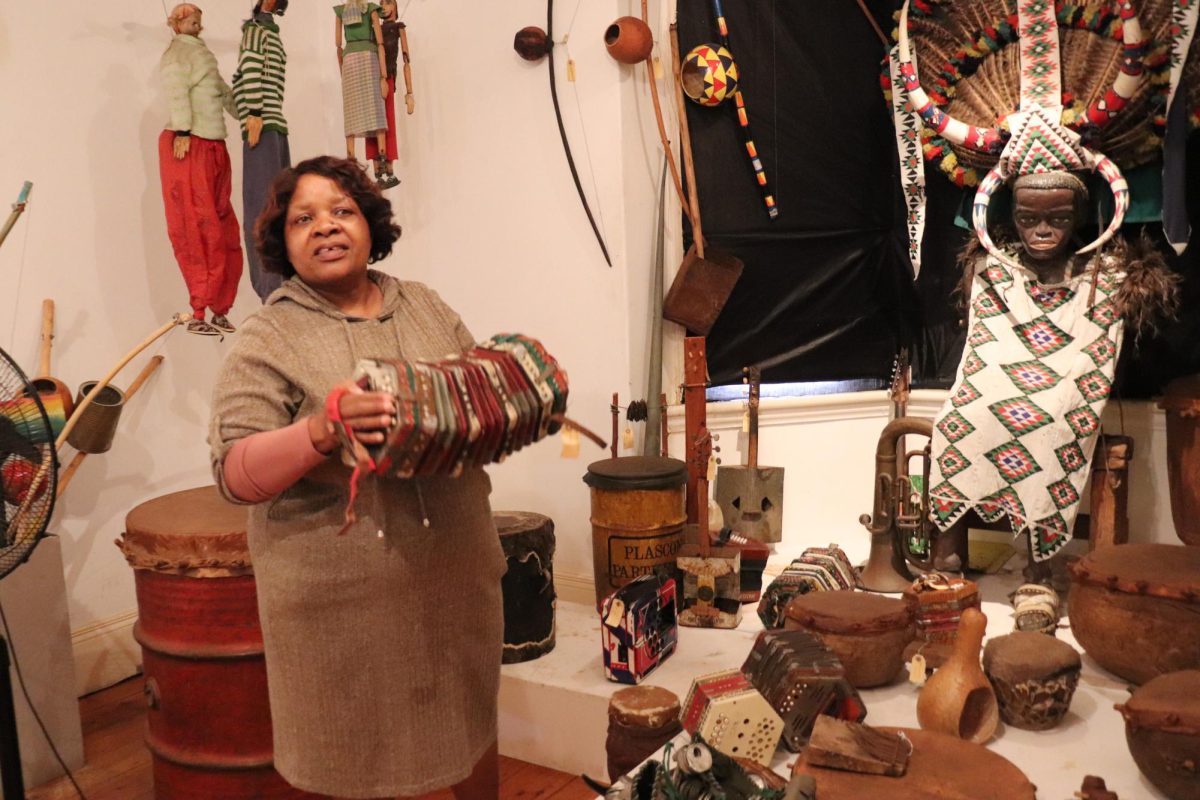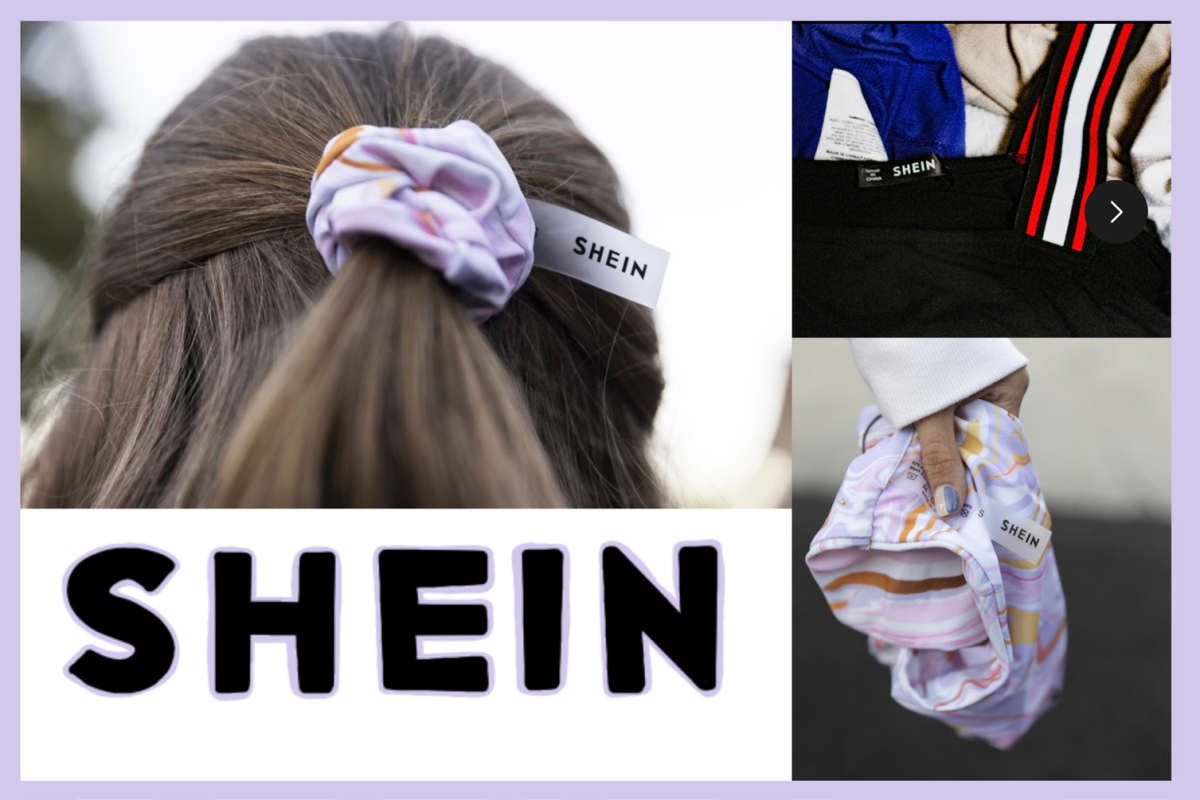In the last five years, Shein (pronounced she-in), a multi-billion dollar global company, has become a massively popular brand among young adult buyers attracted by the company’s notoriously cheap clothing and in-style trends.
The price is one of the main reasons the brand is so popular among college students, according to Dani Greenberg ’22, who used to purchase clothing from the company before educating herself about the fast fashion industry.
Fast fashion refers to the mass production of clothing made at low cost and meant to last only for a season.
“It’s so cheap, and [college students] think that they don’t have any other options for clothing because college kids especially are tight on money,” Greenberg said.
Social media influencers have helped to secure Shein’s prominence in the fast fashion industry. TikTok videos by social media influencers and online shoppers with hashtags eagerly share their purchases with the hashtags #sheinfinds and #sheinhauls. These videos have collectively accumulated billions of views.
But the company has been dogged by critics, who fault Shein for its lack of transparency and vague public statements when it comes to ethical labor practices.
“Shein is a very mysterious company to lots of investors, labor rights activists and human rights organizations because you hardly get too much information on them,” said Jewher Ilham, program associate of the Worker Rights Consortium.
The Worker Rights Consortium is one of the leading members of the Coalition to End Uyghur Forced Labour, according to Ilham, which launched in July 2020. The Coalition writes in its “Call to Action” that “the government of China is perpetrating human rights abuses on a massive scale in the Xinjiang Uyghur Autonomous Region (Uyghur Region)” on the basis of their religion and ethnicity. The Call to Action is endorsed by over 400 endorsers from more than 40 countries.
The Coalition called on companies to remove their supply chain from the Uyghur Region and thereby end the use of forced labor in factories. Companies are invited to endorse the call to action in order to better comply with laws regarding importing of goods as well as minimize forced labor and maximize human rights.
Ilham said Shein has not participated in the Coalition’s campaign.
“Given the fact that Shein is not disclosing any of their supply chain data, we don’t know who their vendors are, we don’t know who they’re sourcing from, we don’t know where they’re sourcing from,” Ilham said. “It is extremely difficult to analyze and evaluate their supply chains and if they are using, or violating any of these steps that were listed by the Call to Action.”
Shein did not respond to The Hawk’s repeated requests for comment.
Although Shein has been operating since 2008, the company posted a supply chain transparency statement on its website on Sept. 9. The statement references the Califonrnia Transparency Supply Chains Act of 2010, which requires companies doing business in California to report what they are doing to eliminate human trafficking and slavery within their supply chains. But it does not provide a detailed list of its supply chain.
Environmentalists also take issue with the company. Caitlin Theil ’22, co-president of St. Joe’s Green Fund, said she does not buy from Shein because the company’s products are made largely from polyester, a synthetic fabric that does not easily decompose.
“A lot of the stuff that people buy [from Shein], once they wear it, it’s just going to end up in a landfill and sit there for hundreds of years, longer than any of us are going to be alive,” Theil said. “That’s one of the main reasons I don’t support them.”
Shein’s online statement on social responsibility states that when the company selects materials, it does its best “to source recycled fabric, such as recycled polyester, a non-virgin fibre that has little impact on the environment and reduces damage to the original material.”
However, a general search for “recycled polyester” on the company’s entire website produces only 1,320 search results. In comparison, a search for “dresses” alone produces 106,830 results. Shein has a wide range of products in categories such as dresses, tops, bottoms and activewear, to name a few.
Greenberg pointed to thrifting as an alternative for students looking for cheap clothing.
“Thrifting should be able to take the place of fast fashion because you can find really cute clothes that are cheap,” Greenberg said. “And thrifting is also just good for the environment.”
Another sustainable option is purchasing higher-quality, “timeless” pieces of clothing that are meant to last, said Diane Phillips, Ph.D, professor of marketing. Phillips has conducted research on consumer psychology, sustainability and marketing strategy. She said this can be done by paying attention to factors like the quality of the buttons, zippers and stitching.
“Rather than buying a whole armful of bags full of new clothes every fall and every spring, there are certain pieces that you can definitely buy that are going to last season to season,” Phillips said. “It’s cheaper, you don’t have to change out your closet all the time, and it’s also a whole lot better for the environment.”
Update: In our original version of the story, we incorrectly identified where Shein factories are located. Shein’s factories are based in Guangzhou, China.



